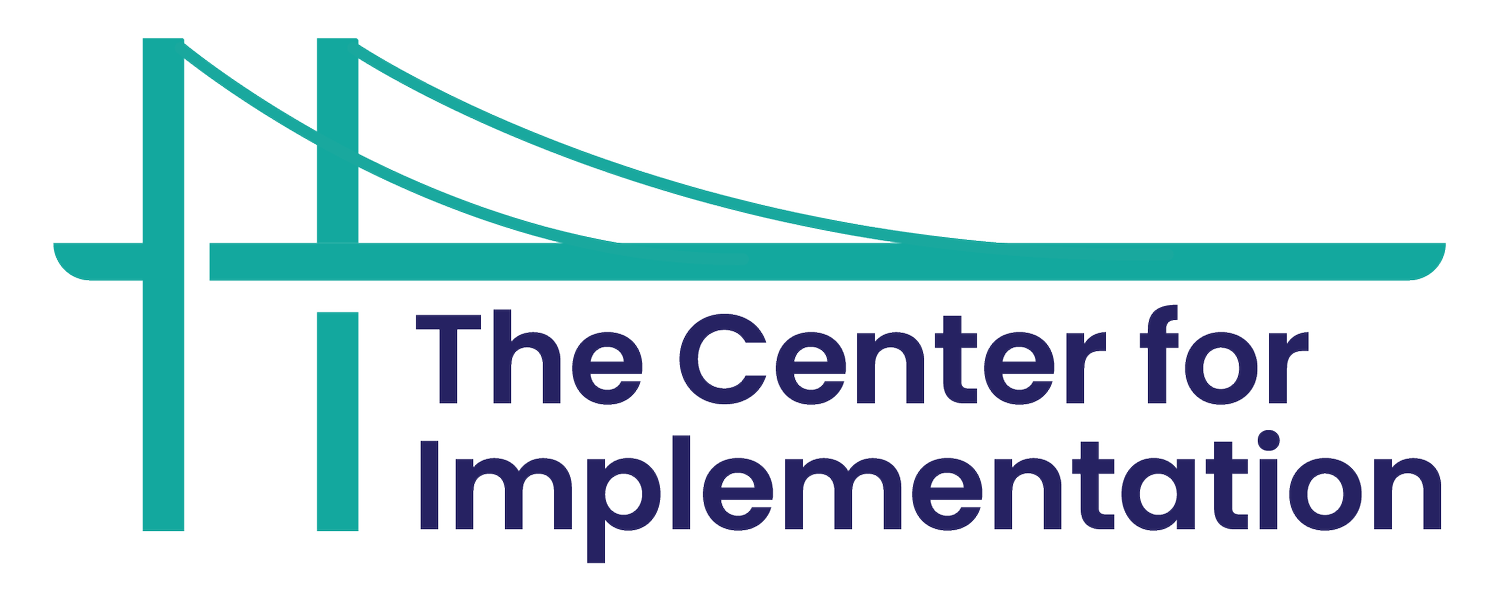Understanding Physical Distancing
We are at an unprecedented moment in time as we tackle the COVID-19 pandemic. Almost every person on the planet has been asked to change their behavior, by for example, practicing physical distancing. But change is hard.
Luckily, implementation science can inform how we support people through this difficult period of extreme change.
We have an opportunity right now to use that science to craft better messages and improve strategies to help people adapt. An essential step in supporting behavior change is to understand everyone’s perspective. You can watch this video to learn more.
As an organization that supports change efforts in health and public health around the world, we feel compelled to do our part at this pivotal time. Our goal is to provide information that will help governments, researchers, influencers, and people like you to better support those around you as change is implemented.
How you can help
We asked people why they are or are not practicing physical distancing. We had 387 people share their perspective - huge thank you to everyone who responded. We then mapped that data to a behavior change framework (the theoretical domains framework).
Want to hear about the 12 themes we identified? Check out our series of tweets.
We would like to thank Andrea Chaplin, Rabeya Hossain, Alekhya Johnson, Eileen Keogh, Penny Love, Candis Lepage, Priscilla Medeiros, and Shusmita Rashid for helping us code the data.
You are welcome to view and use the raw data for your own work. Just fill in your name and email address (so we can keep a log of who has accessed the data) and you will be redirected to download the spreadsheet.
Sincerely,
Dr. Julia E Moore, Sobia Khan, Lauren Tessier & the team at the Center for Implementation
P.S. If you would like to learn more about how implementation science works, please take our free online mini-course, Inspiring Change.
